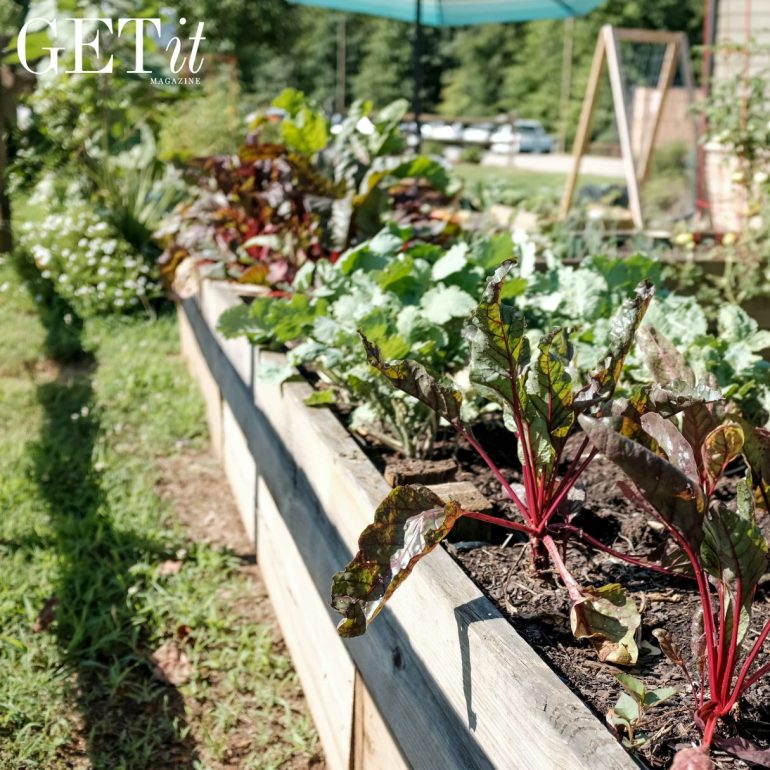In Australia, food waste costs an estimated $36 billion annually, with most of this waste coming from Aussie homes. The cost of food is at an all-time high, and with predictions, this will continue to accelerate, it’s more important than ever to find ways to extend the life of our groceries, reduce food waste, and save money wherever possible.
By adopting some of these simple habits, you’ll see a reduction in household food waste and your weekly grocery bill.
PORTION SIZES
Be conscious about portion size and avoid cooking too much. Prepare only what is required, rather than enormous portions that will later be thrown away. A smaller-sized dinner plate is handy for managing individual portion sizes and ensuring you don’t over-eat or throw food away at the end of a meal.
SMART STORAGE IS AN INVESTMENT
Have you ever noticed the beads of condensation building up inside your storage containers or plastic bags? Fresh produce is living and breathing, and all living things need air and water to survive. Use purposed designed products, such as The Swag, a reusable produce invention that is scientifically proven to keep fruit and veggies fresher for two weeks or more. The Swag’s design features multiple layers of unbleached and unseeded cotton; each layer plays an essential role in keeping produce fresh for longer. It is non-toxic and non-allergenic, as well as being compostable at the end of its 5-year shelf life. Discover more at www.theswag.com.au
PLAN YOUR SHOP AND YOUR MEALS
Supermarkets are designed to make you buy much more than you need. Before shopping, check your fridge and pantry, then write a shopping list and do not be tempted by any hot deals. Planning meals and having set nights such as a pasta night or taco Tuesdays takes a lot of the stress out of planning a week’s worth of meals.
LEFTOVERS
Leftovers are great to use in easy dishes like soups, stews, and casseroles.
Leftover vegetable trimmings such as leek, carrot and parsley stalks can be made into soup or minestrone — simply add them to a container in the freezer until you’re ready to cook them.
PRESERVE YOUR SEASONAL PRODUCE
Preserving or freezing can be a great way to use up excess produce before it goes rotten. Ripe tomatoes can be bottled up with lemon juice to be used year-round for sauces and soups. Berries, Bananas, mangos, carrots etc can be frozen for smoothies and baking.
GROW IT AT HOME
A simple planter box in your backyard or kitchen window means you will always have a sprig of herbs on hand. Start with easy-to-grow herbs like basil, rosemary, parsley and mint for flavourful dishes.
SHOP AT YOUR LOCAL FARMERS’ MARKETS
While many mainstream food outlets tell us blemished or imperfect food is ugly, appearances count for little at your local market where the focus is on freshness.
Buy local and seasonal to save both money at the register and from food going in the bin, while bolstering the flavour and nutrition of your meals.
These simple, yet effective changes will not only help your wallet, they will help the planet too!





